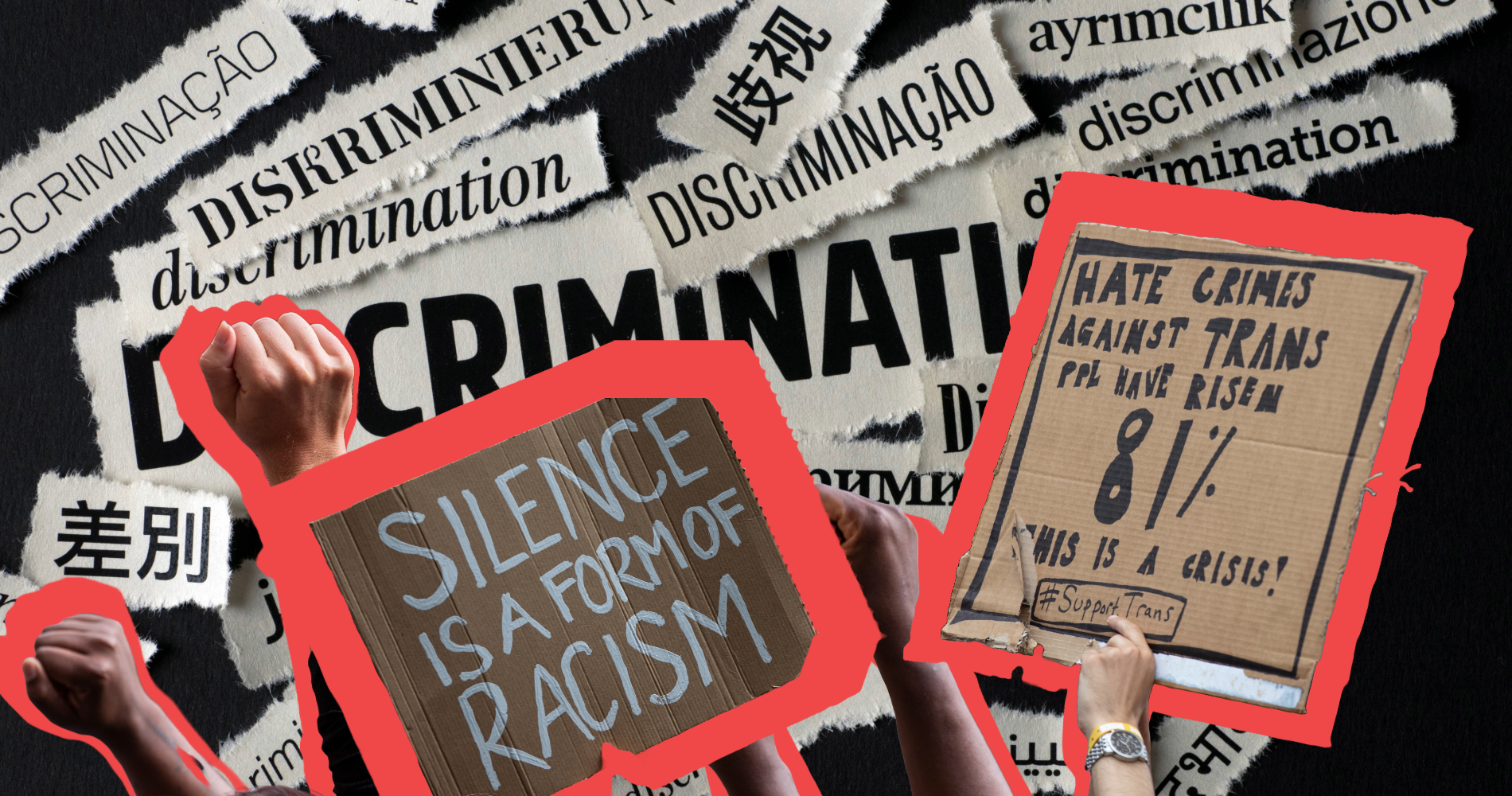For over 25 years, Heather-jane Robertson’s influence on progressive education discourse in Canada was undeniable. A brilliant writer, insightful debater, and fierce advocate for public education, she also had an absolutely wicked sense of humour.
And she frequently put it to very good use. Few people could eviscerate opposing arguments so skillfully, while leaving the audience in stitches.
Her command of a room full of rapt listeners was remarkable. And her rhetorical flourishes were truly unparalleled. I still reference what I consider a truly brilliant turn of phrase she coined to illustrate the potential of disrupting the neoliberal vision. “Margaret Thatcher maintained that There is No Alternative. But never forget that TINA also stands for This Is Not Acceptable.”
I love that: the reminder that the responsibility and the power to resist what we’ve been told is inevitable is always within our grasp. We just have to look at things in a slightly different way. And keep our standards high.
We first met when I was in grad school. I had sent a folder of research I had done when I was in Washington, D.C. to Heather-jane and Maude Barlow, who were writing a book on the commercialization of public education—Class Warfare. But I didn’t expect her to call when I had finished my thesis to congratulate me. Or to invite me for a drink the next time we were in Toronto at the same time.
Shortly after, she connected me with Bruce Campbell, then Executive Director of CCPA. Bruce, Ed Finn, Heather-jane and I met for what I thought was lunch in Bruce’s office. It turned out to be a job interview—one that Heather-jane, unbeknownst to me, had played a significant role in orchestrating, along with helping to make public education a specific focus for the CCPA.
That was in 1996. I started at the CCPA the following year, as director of the new Education Project. And Heather-jane and I continued to work closely together as the mandate of the Education Project was developed and implemented. She was a prolific contributor too—in addition to Class Warfare and No More Teachers, No More Books, she frequently wrote for Our Schools/Our Selves, which we began publishing in 2000. One special issue was a collection of her columns for Phi Delta Kappan Magazine, so much of which proved prescient to the current education debates.
And her article, ‘The Many Faces of Privatization’, was a masterpiece.
But beyond all this, she became an adviser, a mentor and a friend. I was always in awe of her ability, like a heat-seeking missile, to sense anti-public education narratives, sometimes even before they were fully formed, and destroy them with laser-like precision. More than one debating opponent was reduced to wordless spluttering.
So perhaps it is appropriate that the news of her death left me speechless, unable to process that this person who contributed so much to the CCPA, so much to public education and our understanding of the education debates, so much to my primary research focus, had left us.
At a moment when public education is facing massive upheaval, and as the forces of crisis capitalism threaten to erode this fundamental right, her words come back to me. This is not acceptable. Heather-jane knew it then. We know it now.
On behalf of the staff of the CCPA, from coast to coast to coast, I extend our deepest condolences to Heather-jane’s family, her loved ones, her children and grandchildren, for their loss, and our profound appreciation for the relentless determination, wordsmithing talents, and silver-tongued eloquence of such an uncompromising advocate for public education.


